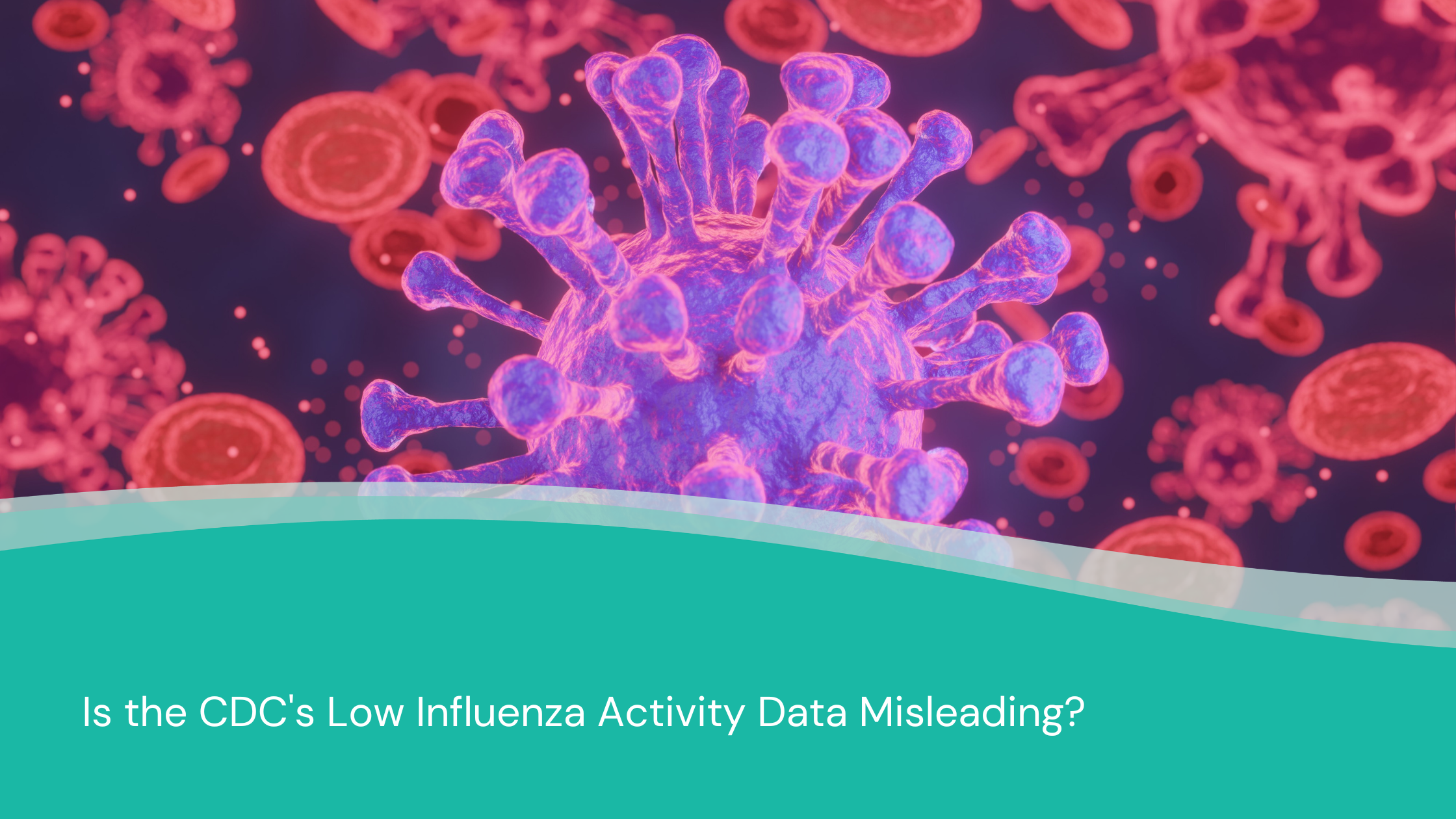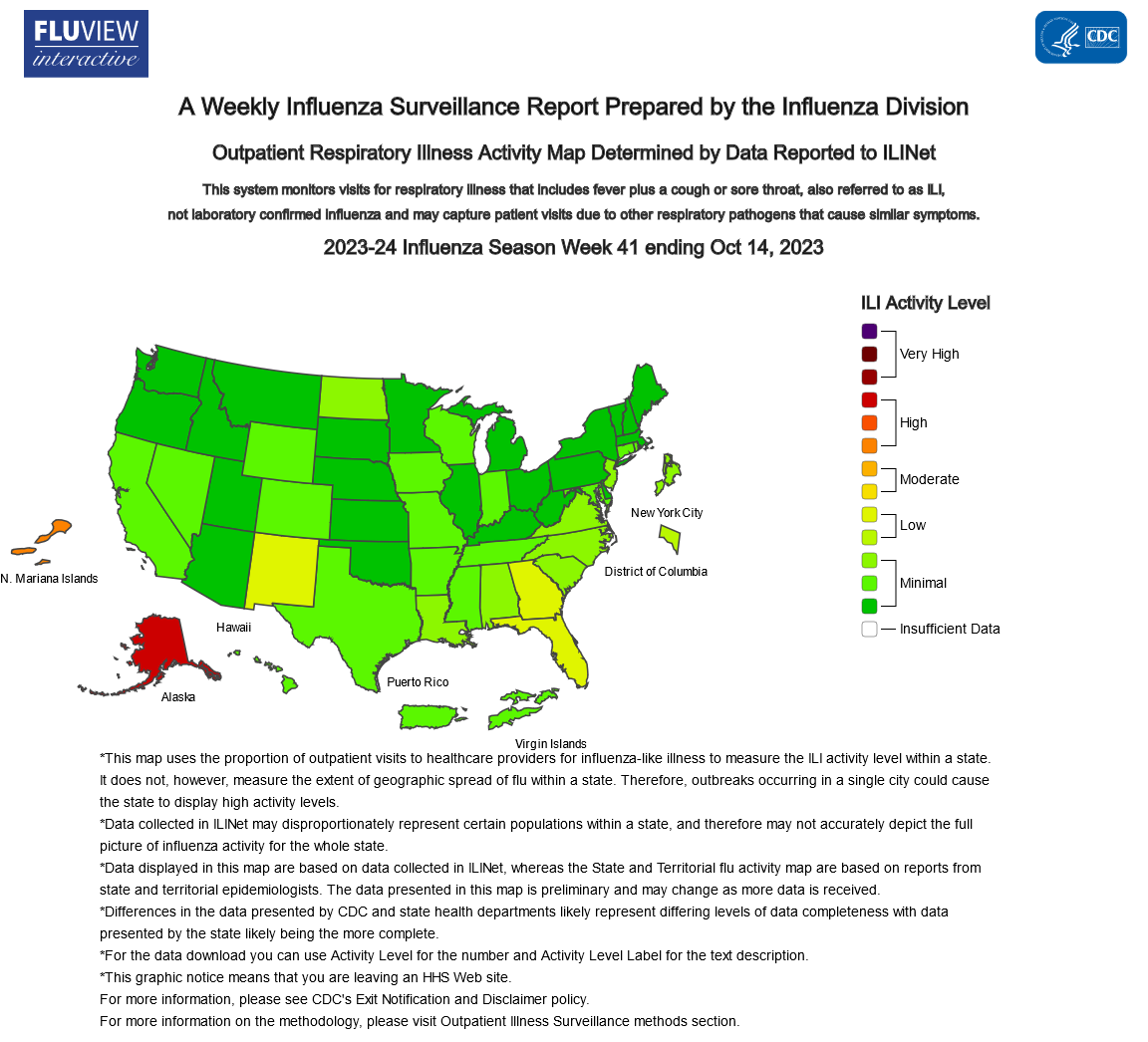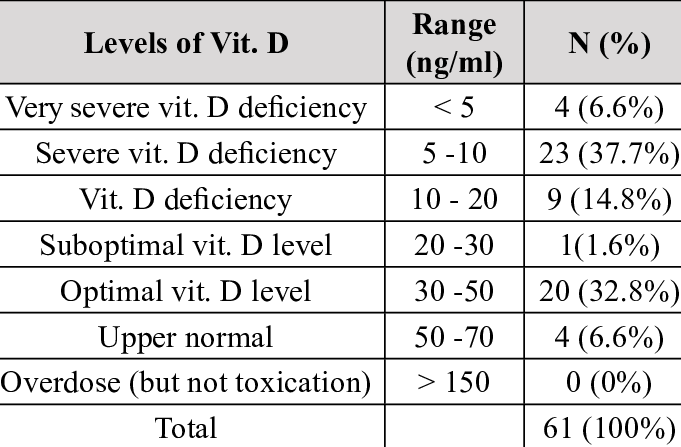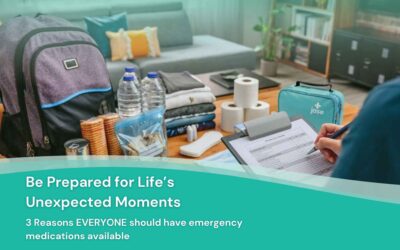When Disaster Strikes, It’s Not Hunger or Thirst That Takes the First Lives In every disaster zone, from hurricanes in the Caribbean to war zones in Ukraine, the pattern is the same. People worry about food and water, but it’s infection that kills first. A small wound...
Is the CDC’s Low Influenza Activity Data Misleading?

Warm days, cooler nights, and the brilliant, showy colors of foliage announce the arrival of fall.
Sweaters, jackets, hats and gloves come out of their summer hibernation. Some days are warmer than others, but the crisp air reminds us that winter is just around the corner.
Children are back in school, garden harvest is well underway. Holiday celebrations are just around the corner.
This is also cold and flu season.
The CDC, which monitors flu season activity is showing a lower-than-normal flu outbreak across the states. This is good news. We shouldn’t become complacent though, because the cold and flu season has just started and will last for several more months.

Chronic or pre-existing conditions
If you or any family member have a pre-existing condition- cardiac, respiratory, or compromised immune system- have all the supplies and medications stocked to avoid an emergency room trip in the middle of a cold, dark night.
There is a lot you can do to fight the flu, and even if you do get sick, a well-stocked medicine cabinet will help you avoid a trip to the doctor’s office.
Prevention
Many illnesses can be prevented with a robust immune system and lifestyle.
Maintain adequate vitamin D level

Living in the Northern hemisphere, especially 37 degrees latitude and higher can put you at risk for vitamin D deficiency. The sun’s rays are further away, leading to lower skin absorption. Vitamin D plays a valuable role in many disease processes, but especially well-documented in immune function. When taking a vitamin D supplement, be sure to take vitamin K2 to avoid calcium absorption dysregulation.

Take care of your stomach, and your stomach will take care of you
Up to 80 percent of our immune system is housed and lymphoid tissue in our gastrointestinal tract, having a healthy gut can help prevent and fight many illnesses and diseases. Eating probiotic rich foods, avoiding all forms of sugar, eating plenty of fiber rich foods feeding the healthy bacteria in your gut will help your body fight illness. Along with adequate nutrition, stay hydrated with non-caffeinated fluids. Sip on herbal teas and lemon water throughout the day to keep your immune system working at its best.
Laughter truly is the best medicine
Studies have shown that laughter, and enjoyable activities of any kind improve immune system function and decreases cortisol levels (stress hormone).
Get moving!
Exercise-whether it be a brisk walk in the park, indoor rebound jogging, or a trip to the gym will get lymphatic fluids moving. The lymphatic system is a series of vessels throughout the body where lymphatic fluid collects waste, dead cells, bacteria etc. throughout the body, where it is deposited into the bloodstream. Eventually the blood circulates and is filtered by the kidneys where the waste is expelled through urine.
Exercise can also reduce stress, improve mood, decrease cortisol levels (excess cortisol levels lowers immunity) and increase feel good hormones (endorphins).
Sleep – the great healer
Each phase of sleep contributes to cellular repair, growth, and tissue repair.
During NREM sleep, your body focuses on physical restoration. This is the stage where your body repairs and regrows tissues, including muscle and bone. REM sleep, on the other hand, is associated with cognitive and emotional processing.
Immune System Support: During sleep, the body produces and releases proteins that help regulate the immune response and promote healing.
Brain Detoxification: The glymphatic system, a waste clearance system in the brain is active during sleep and helps remove toxins and waste products.
Hormone Regulation: Sleep plays a role in regulating various hormones, including cortisol (stress hormone), insulin, and growth hormone. Sleep disruptions can negatively affect cortisol regulation, which can, in turn, impact the body’s healing and detoxification processes.
Avoid crowds or sick people
If you find yourself around crowds-out shopping, in the subway, around coworkers, or family members–even if they don’t appear sick – thoroughly wash your hands and avoid close contact. If there is an outbreak of cold, influenza, covid or other viruses you can reduce your chances of getting sick by keeping your distance.
Wash hands
Often and thoroughly. According to the CDC, hand washing alone can prevent 20 percent of respiratory infections. Use 60 percent alcohol-based hand sanitizer only if you are out in public and not able to adequately wash your hands.
Maintain excellent oral care
Brush teeth often and keep teeth cleaning appointments. Evidence points that excellent oral hygiene- can prevent influenza infection.
- Brooke Lounsbury, RN
Medical Content Writer
Lifesaving Medications
Everyone should be empowered to care for themselves and their loved ones during the unexpected.
Recent Posts
Keeping you informed and safe.
Medical Readiness: What Really Kills First
Exploring Dr. William Makis’ Hybrid Orthomolecular Cancer Protocol: Focus on Ivermectin and Mebendazole/Fenbendazole
Exploring Dr. William Makis’ Hybrid Orthomolecular Cancer Protocol: Focus on Ivermectin and Mebendazole/Fenbendazole *Disclaimer: This article is for educational purposes and does not constitute medical advice. Always seek professional guidance.* In the evolving...
Be Prepared for Life’s Unexpected Moments
3 Reasons EVERYONE should have emergency medications avaiable. It's all about access—access to medications and care when you need it most. And when things happen outside of your control that access can disappear.Below are 3 examples of how easily this access can be...
Youth Preparedness: Teaching, Building, and Coping with Disasters
Educating and preparing your children ahead of time means fewer surprises in the event of an emergency.Growing Up Prepared: Empowering Youth in Disaster Preparedness As we observe National Preparedness Month, it's crucial to remember that disasters can strike at any...




